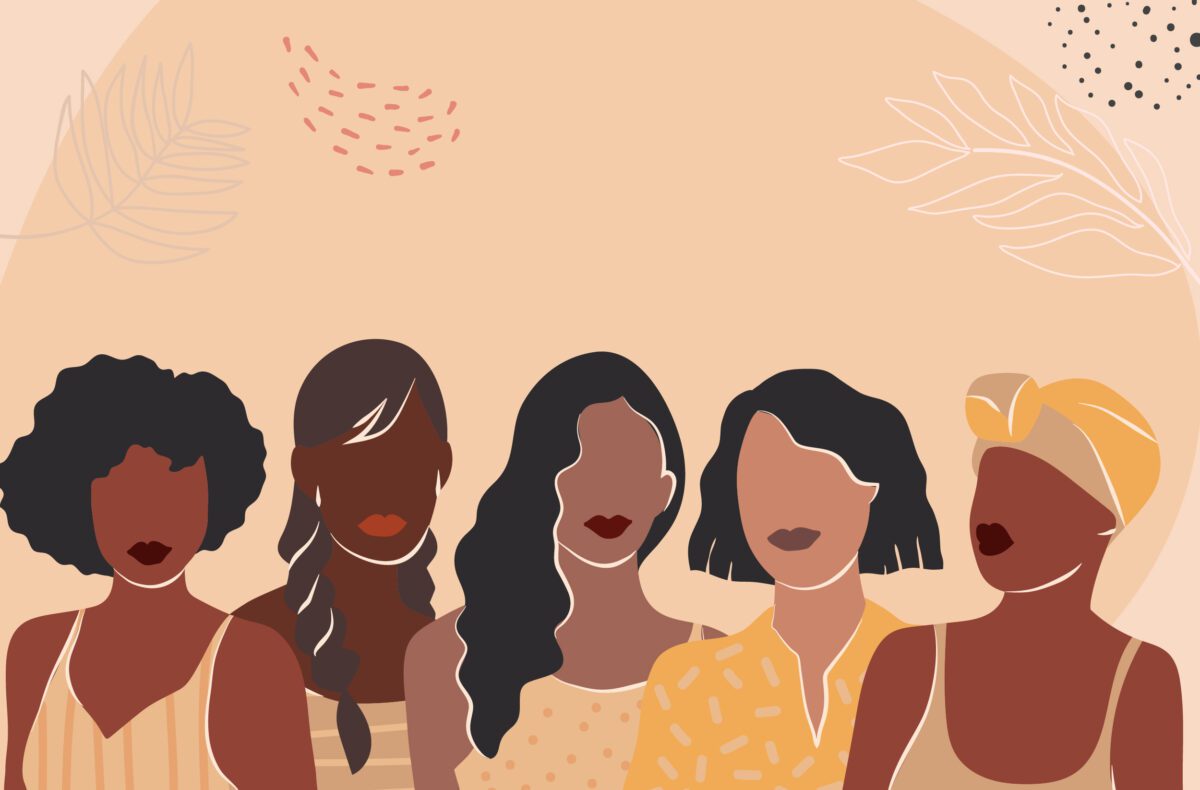
Illustration by Sarameeya Aree
A sea of change is occurring in the book publishing industry. Women now publish more than 50% of all new books, bypassing men in a field where women once authored less than 10% of books annually. The average female author now sells more books than the average male author.
A potential reason for this phenomenon, according to a new study by the National Bureau of Economic Research (NBER), postulates that women’s success in publishing may be due to the fact that writing a book is a solo venture whereby the author has the freedom and power to choose when and how to do the work. As a result, women are less exposed to the discrimination and biases that disadvantage them and that they must face in other industries while attempting to navigate various corporate and social dynamics.
Since most industries are still dominated by corporate bureaucracies and hierarchical structures that operate according to traditional norms and practices, the key question is how to replicate the surge that women are experiencing in publishing in other fields of endeavor.
Sponsorship of women, particularly underrepresented women, offers a path forward.
Having been a witness to sponsorship during my career as a human resources executive, I have long been intrigued by its power and effectiveness. Sponsorship, not to be confused or conflated with mentorship, can have the effect of elevating and sustaining individual careers. A sponsor—in contrast to a mentor—is always well-positioned in the upper echelons of an organization and uses their level, reputation and influence to publicly champion an individual whom they deem worthy of their support.
In 2018, I examined the phenomenon of sponsorship among Black women in a research study. It was a comparative study whose focus was to determine which factors, if any, were common, different and most important in an executive’s decision to sponsor a white male versus a Black female.
The study was challenging due to the paucity of Black executive women who had sponsors. Despite the challenge, the study produced 29 Black women and 30 white men with sponsors. While the results of the study indicated little variance in the standing or importance of the factors that spawned executive sponsorship of Black women versus white men, the data validated the significant impact and power of sponsorship.
Sponsors reported the following actions in support of their protégés. They:
- Recommended challenging assignments that presented opportunities to learn new skills.
- Gave or recommended assignments that required personal contact with managers in different parts of the organization.
- Recommended assignments that increased contact with higher-level managers and executives.
- Recommended assignments that helped them meet new colleagues.
- Went out of their way to promote the individual’s career interest.
The implications here are significant.
By predictable measures of success—education and experience—the Black women and white men in the study were well-prepared, with most having obtained a master’s or terminal degree and most having worked several years across positions of increasing responsibility.
Most noteworthy, however, was that all were positioned within at least two levels of the Chief Executive Officer of their respective organizations, indicating upward mobility and arrival at positions within striking distance of the top job. The only attribute in this study that accounts for the alignment between the study’s comparators—Black females and white males—is the act of sponsorship.
In the words of the late R. Roosevelt Thomas Jr., a noted author, consultant and pioneer of workplace diversity, the notion that “cream will rise to the top is nonsense.”
“In most companies,” Thomas wrote in Harvard Business Review, “what passes for cream rising to the top is actually cream being pulled or pushed to the top by an informal system of mentoring and sponsorship.”
The fact remains that Black women’s ascendancy within organizations pales in comparison with those of white men, white women, or even Black men whose rise to CEO status has significantly outnumbered the trajectory of Black women. And for various reasons, sponsorship remains an elusive benefit for most Black women.
Career success is rarely, if ever, a solo effort.
For example, the basketball titan Michael Jordan was not always destined for greatness. Given his exceptional athletic talent and achievements, it is easy to believe that he was always positioned for success. But that was not so. His career was neither automatic, natural, nor serendipitous. Rather, Jordan had the benefit of sponsorship and a few key leaders who propelled his meteoric rise.
Jordan failed to make his varsity high school team as a sophomore, but his high school coach, Pop Herring, recognized his promise and personally ran him through drills to keep him motivated. However, it was his coach, Dean Smith, at the University of North Carolina, who guided Jordan’s path to become a two-time, first-team All-American. And during his professional years, it was Coach Phil Jackson who Jordan credits with much of his Chicago Bulls success.
“The reason we did so well is Phil,” Jordan told ESPN The Magazine. “He could say one word or one sentence and shake me up, make me think. Like Dean Smith did.”
The equitable treatment and future success of Black women will occur with more frequency when they have the organizational equivalent of a Pop Herring, a Dean Smith, or a Phil Jackson in their careers. Sponsors who will recognize them as key players. Sponsors who will select them for their team and take them off the bench to play in the “big game.” Sponsors who can propel them to the height of MVPs, also known as presidents and CEOs.

